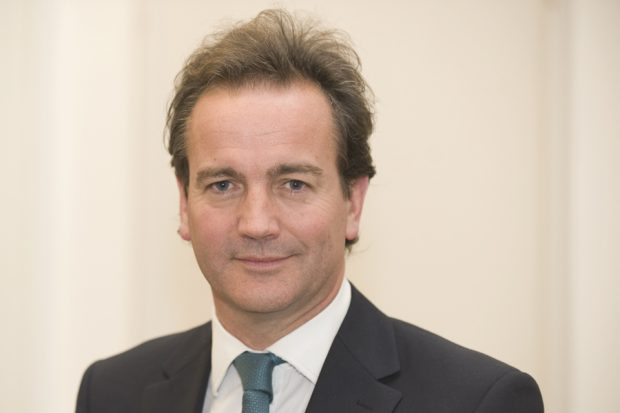
Minister for Policing for the Fire Service outlines how the Government is giving officers the powers they need to keep people safe and assessing the demands they currently face.
Minister for Policing and the Fire Service, Nick Hurd:
As Policing Minister, I have made it my business to speak with every police force in England and Wales and this week I sat down with the final two forces, Merseyside and Greater Manchester Police.
Naturally, I have spent time with PCCs and Chief Constables, but whenever I visit a police force I insist on sitting down with frontline officers from PCSOs to response drivers, right through to detectives, to hear candidly what they think. In Merseyside I went out on patrol in the streets around Anfield football ground with officers who spoke of the challenges they face keeping local communities safe. While the new Police Now graduate recruits I met in Manchester demonstrated real enthusiasm for their vitally important job in our society.
These conversations echo the statistics which show that the nature of police work is changing as crime evolves. Traditional crimes including burglary or thefts - measured by the independent Crime Survey for England and Wales – have fallen by 9% over the last year and dropped 40% since 2010. However, we also know that police-recorded crime had gone up by 13% in the same period. This reflects both a continued improvement in crime recording and an increased willingness of victims to report crime, but we know there are likely to be genuine increases in specific areas such as violent crime.
This is why the Home Office is consulting on new plans to crack down on the misuse of offensive weapons, including measures to stop under-18s purchasing knives online and people carrying acid in public without a good reason. We are also reviewing the law and practice regarding police pursuits. We want to make sure officers have both the powers they need and the reassurance that they can go after criminals on mopeds and scooters.
Frontline policing is a tough role and we want officers to be properly supported. Rightly, chief officers are responsible for the wellbeing of their staff but we are taking steps to assist them by funding a £7.5million pilot which, if successful, will lead to a dedicated national police welfare service. This Government is also supporting new legislation that sends a clear message that we will not tolerate attacks on emergency services workers. Police protect us and it is right that those that would dare to attack someone doing this crucial role are properly punished.
The conversations I am having with those in policing and the detailed evidence we are collecting will help my officials and I better understand the demands forces are facing, because decisions on future funding must be based on evidence and not assertion. We can improve productivity, increase efficiency and use existing resources carefully, which is why I am asking forces how they plan to use the £1.6billion currently held in reserves. We will be setting out the policing settlement for next year in the months to come.
I feel very honoured to have spent time patrolling the urban night-time economy of Newcastle and talked with officers at Gwent Police missing persons hub about the challenges they face policing a rural area. It was great to see Lincolnshire Police’s work on staff welfare initiatives and hear about Norfolk Police supporting vulnerable victims of exploitation and abuse. Our police forces are strong because they have dedicated people working hard to keep us all safe, and they will always have our support and gratitude.
Sign up for email alerts and follow us on Twitter.
